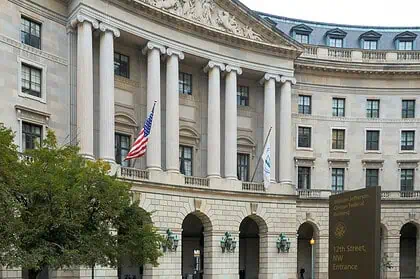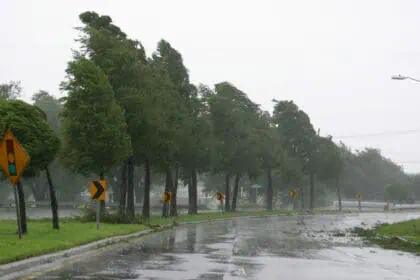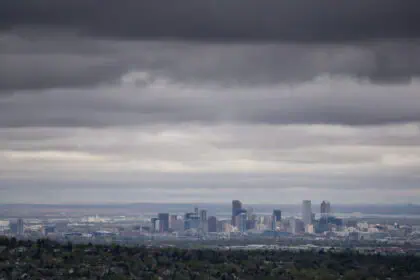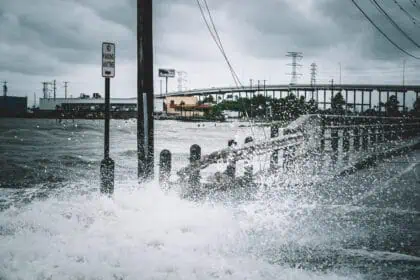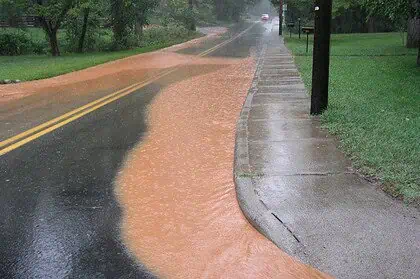WICHITA, Kansas – After an intense round of heavy rainfall on Tuesday, Cheney Lake is rising rapidly, bringing a wave of cautious optimism to south-central Kansas as summer begins.
By 7 p.m. Wednesday, the U.S. Army Corps of Engineers reported the lake level at 1,420.4 feet, which is just 1.2 feet below the normal elevation of 1,421.6 feet. As of 9 p.m. Wednesday, the conservation pool was at 92.7% capacity, a dramatic change from earlier this spring. At the start of May, the lake stood at 1,413.7 feet.
According to the National Weather Service in Wichita, the city received 4.19 inches (106.4 mm) of rain on Tuesday, marking the 4th highest single-day rainfall total in June since records began in 1889, and the highest for June since 1965. Since June 1, Wichita has now accumulated 9.94 inches (252.4 mm), making this the 6th wettest June on record, and the wettest since June 2014.
Moreover, since May 1, 17.59 inches (446.8 mm) of precipitation have fallen—ranking as the 7th highest combined May-June total, and the most significant since 2019.
Despite the surge in lake levels, the City of Wichita remains in Stage 2 of its drought plan. Officials emphasize that drought status is determined using Cheney Lake’s 12-month rolling average, which was last updated on June 2, and won’t be revised until early July. For now, that means drought restrictions will stay in place, regardless of the recent wet spell.
Still, local residents are embracing the sudden change. Josh Nelson, a lifelong local, described the scene as “pretty awesome.”
“It’s great for the start of the summer because it means you can finally get your family out here,” he said. “We can do things that we wanted to do that we couldn’t do the last couple of years.”
Nelson also noted the intensity of the recent storms, calling them some of the heaviest he’s ever experienced, and expressed gratitude that much of that rainfall ended up replenishing Cheney Lake.
Wichita, long known as the Air Capital, is now navigating an unusual start to summer—wet, warm, and more hopeful than recent drought-stricken seasons.





